In this episode, Ted Schaeffer, Professor and Chair of the Department of Urology (youngest chairman in the country) at Northwestern, presents the roadmap for the best way to screen for, and treat, prostate cancer. We also get into the “mass screening” controversy and all the risks involved with treatment. In addition, we discuss our evolving understanding of cancer and the most exciting areas of research to come.
Subscribe on: APPLE PODCASTS | RSS | GOOGLE | OVERCAST | STITCHER
We discuss:
- Ted’s unique path to get his PhD [5:15];
- The exciting transition in science during Ted’s PhD in the 1990s [15:30];
- Ted’s advice to MD-PhD students, and why he choose urology and Johns Hopkins [23:45];
- History of prostate surgery, and Pat Walsh’s legendary work in prostate cancer [36:15];
- Prostate surgery and the risks involved with treatment [53:00];
- Screening for prostate cancer [58:00];
- The “mass screening” controversy [1:12:45];
- Biopsies and MRI: important things to know [1:25:30];
- Why urology is such a great field of medicine, and why Peter wants a goat [1:34:45];
- Ted’s work with Ben Stiller [1:39:00];
- Gleason grading system [1:43:45];
- Testosterone, DHT and the prostate cancer controversy [1:53:15];
- The metabolism of the prostate [2:03:00];
- The most exciting areas of research in prostate cancer [2:08:00];
- Benign issues involving the prostate: pelvic pain, infections and treatments [2:11:15];
- Video of Ted’s surgeries, the latest technology, and males contraceptive options [2:18:00];
- Watches and cars [2:23:30]; and
- More.
Ted’s unique path to get his PhD [5:15]
“People ask me about my life and how I got to where I am . . . and one of the things I talk to my trainees about is, you never walk by an open door without looking inside.”
Unique path to get his PhD
- After 3 years of med school at Johns Hopkins, he left to study science for a year at the NIH (an uncommon decision)
- Received a scholarship from the Howard Hughes Medical Institute
- Got introduced to Pam Schwartzberg, a postdoc in the Varmus Lab
- Varmus Lab: The lab of Harold Varmus (a Nobel Prize winner for his elucidation of the relationship between viruses and oncogenes)
- Pam mentored Ted during his time in the lab
- After his time at the NIH, Ted of granted his PhD from the University of Chicago for the great work he did even though it was not a formal PhD program
Attacking your weaknesses
⇒ Peter says: You said something a second ago that I love. Part of the reason you were attracted to immunology is you felt it was a weakness, and having spoken with a number of very good scientists, I find that to be a very common thread (Peter saw this trait in his mentor, Steven Rosenberg)
The exciting transition in science during Ted’s PhD in the 1990s
==> No longer single gene, single change . . .
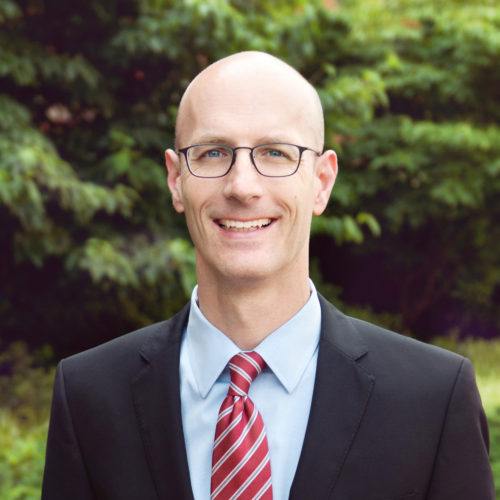
Dr. Edward Schaeffer
Edward (Ted) M. Schaeffer, MD, PhD is an internationally recognized physician-scientist with expertise in urologic oncology. He is Professor and Chair of the Department of Urology at the Feinberg School of Medicine and Northwestern Memorial Hospital and Director of the Genitourinary Oncology Program at the Robert H. Lurie Comprehensive Cancer Center of Northwestern University.
A respected clinician with expertise in open, laparoscopic, and robotic treatments of urologic malignancies, Dr. Schaeffer previously served as Director of the Prostate Cancer Program, Director of International Urology, and Codirector of the Prostate Cancer Multidisciplinary Clinic at Johns Hopkins Medicine. He was also a member of the James Buchanan Brady Urological Institute and the Sidney Kimmel Comprehensive Cancer Center, where he participated in multidisciplinary approaches to the treatment of genitourinary cancers. Dr. Schaeffer was the R. Christian B. Evensen Professor of Urology, Oncology, and Pathology at the Johns Hopkins School of Medicine, and Founder and Chief Medical Officer of the Prostate Cancer Foundation of Norway.
Dr. Edward M. Schaeffer’s discoveries have greatly advanced the basic scientific understanding of prostate cancer and clinical care pathways. His groundbreaking research emphasizes at-risk populations, diagnosis, treatment outcomes, and the molecular biology of lethal prostate cancer.
Dr. Edward M. Schaeffer’s laboratory, which has been funded by the National Institutes of Health, the Howard Hughes Medical Institute, the U.S. Department of Defense, and the Prostate Cancer Foundation, specifically focuses on the molecular biology of locally aggressive prostate cancers and the impact of race on the biology of prostate cancer. [dr-schaeffer.com]
Twitter: @edwardschaeffer
Website: dr-schaeffer.com

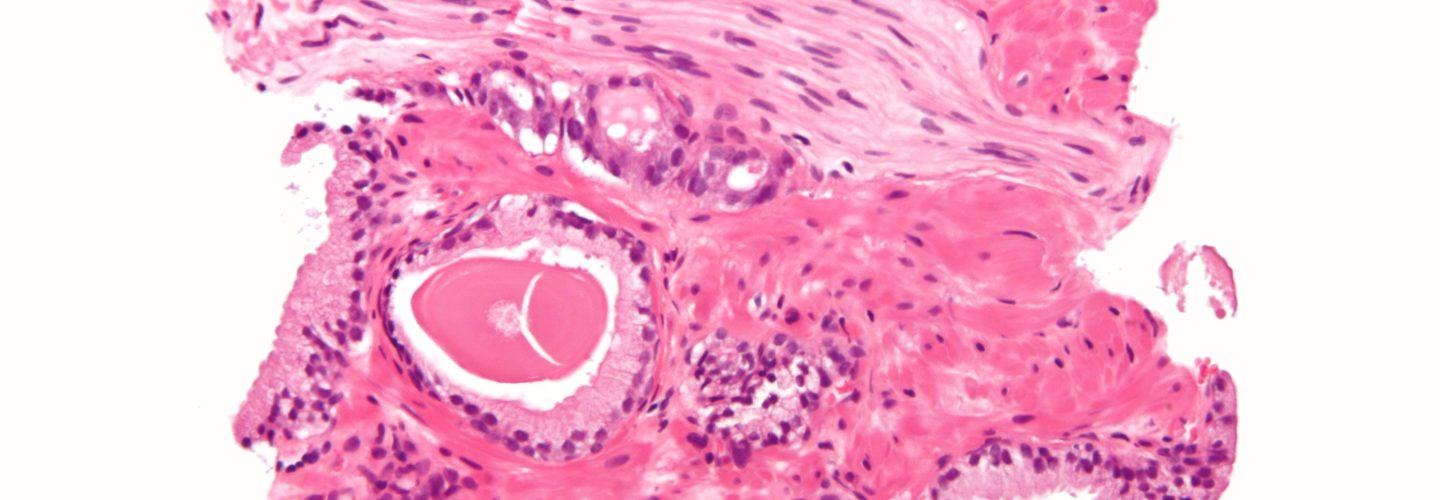
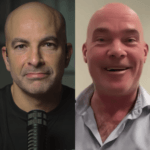
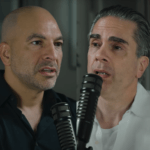
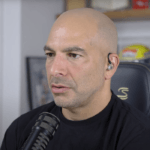
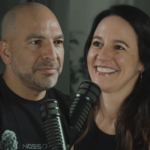
Very interesting and informative. I am blown away that I have never heard of the 4K or PHI. I know you addressed hormone on PC but would have liked to hear about thoughts on things like Eligard like meds. Our oncologist uses this frequently and I just see these guys suffer (mental and physically). Thanks;
Ira Lee
Dear Peter,
I’ve listened intently to this podcast several times and more so recently as I think I might need some prostate investigations. It is full of wonderful information that will help me when I see my medical professionals.
However ( did you sense that was coming) , sometimes Dr. Schaeffer was about to make a concluding point along his train of thought when you’ve interrupted him and, unfortunately, the point was not returned to.
I am a retired dentist and have become massively interested in my own health since I have had the time to learn more about how the body works; this includes trying to find out about the aetiology of illnesses and disease processes. Your podcasts don’t seem to mention much about aetiologies and is this something you could quiz the interviewees more upon?
I must have listened to 95% of the podcasts and encourage others to sign up for them too as they are exceptionally informative and enjoyable but I ask one final favour. Could you please stop using the word “super” as an adverb. English has a vast range of wonderful adverbs and lots of people are replacing them now with the ubiquitous “super”. As you broadcast to a vast audience, please re-introduce adverbs in your conversations to promote their usage robustly.
Many thanks.
Yours sincerely,
Gordon Matthew BDS